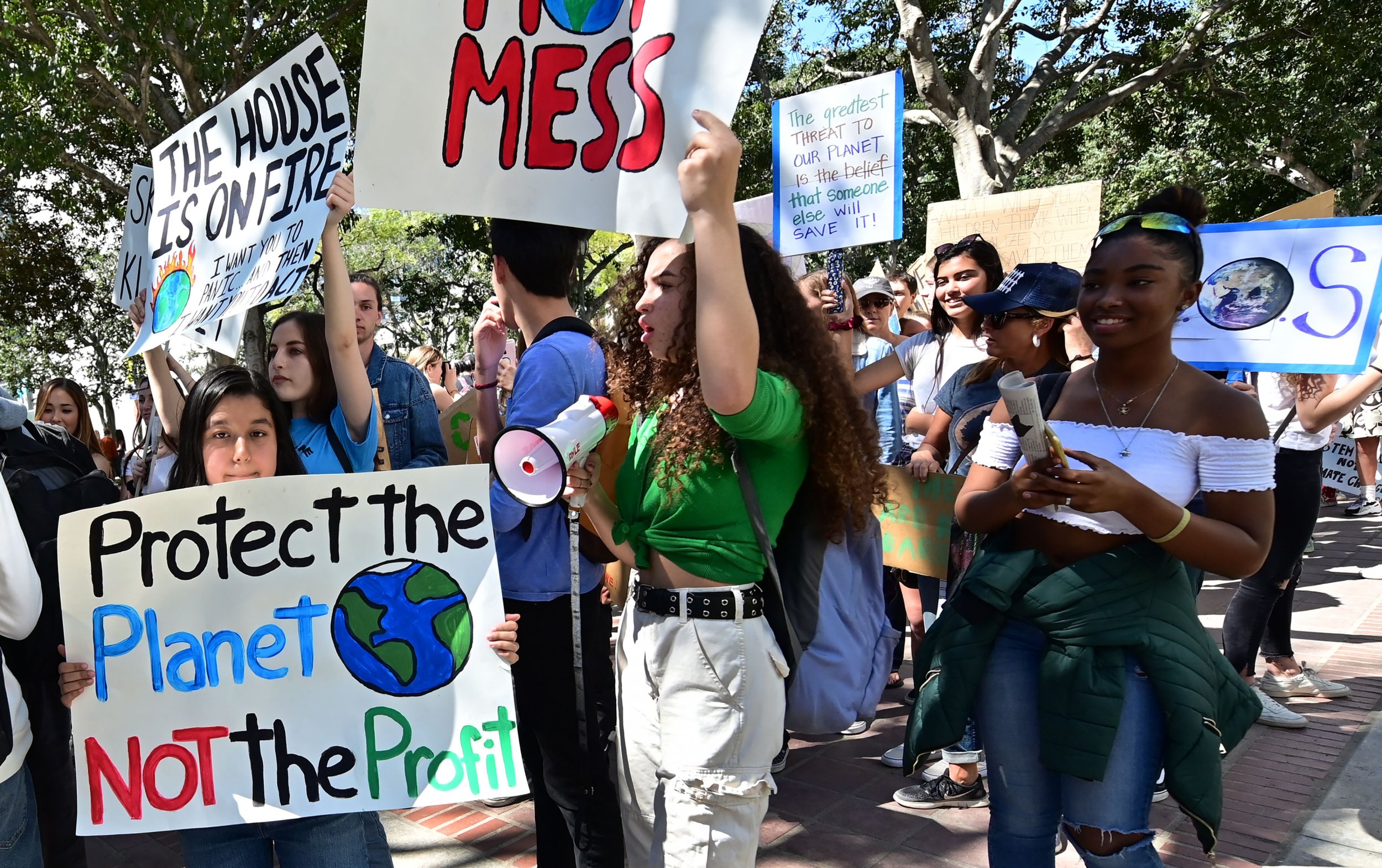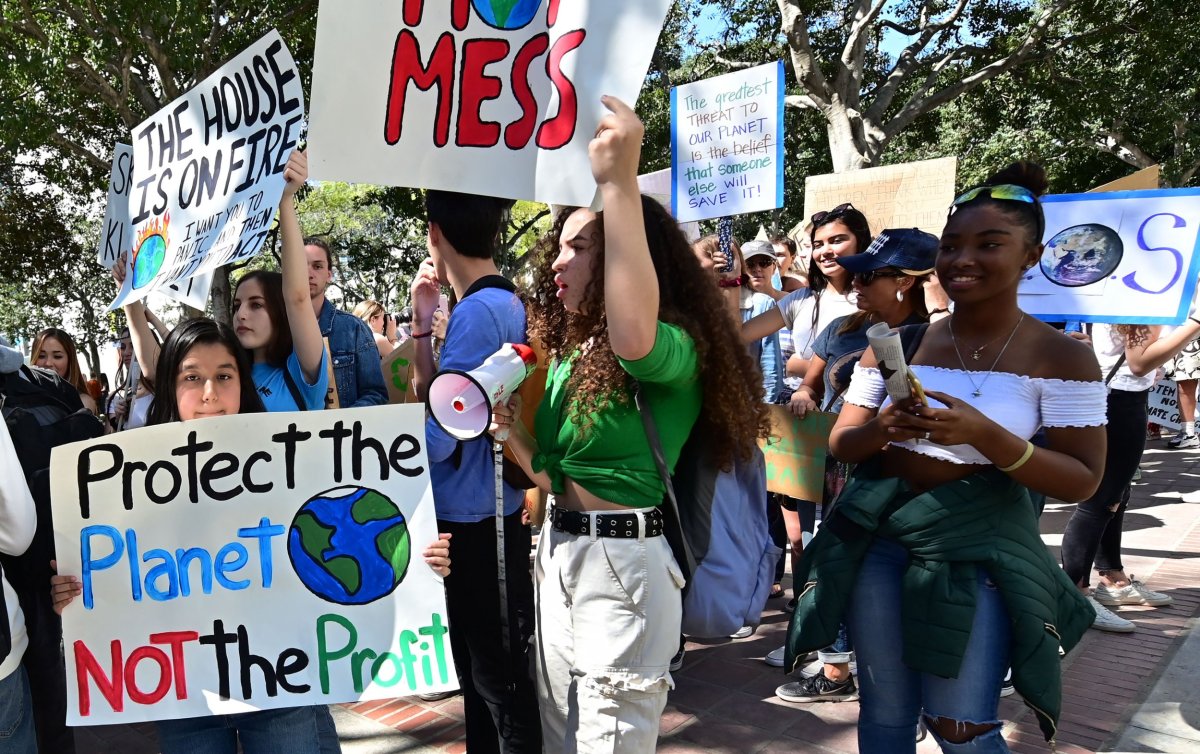
Forty-four percent of Americans "worry a great deal about global warming," according to a Gallup Poll released on Monday.
The Gallup Poll, which was presented in an article titled "Americans as Concerned as Ever About Global Warming," also noted that 66 percent of Americans believe that global warming is being caused by human activity. The 66 percent figure was the second-highest recorded by the survey since 2015 and 9 percent higher than the average from 2001 to 2014.
Fifty-nine percent of people surveyed said they believed the impacts of global warming have already begun, a one percent drop from 2018.
Significantly, the report found that 51 percent of Americans were classified as "concerned believers," meaning a majority fell into this category for the first time since 2001. Concerned believers think global warming poses a serious threat in their lifetime, that it is anthropogenic and that news reports underestimate the issue.
"Forty-four [percent] is an enormous percentage," Craig Hart, an adjunct faculty member at Johns Hopkins University's Energy Policy & Climate program told Newsweek. "Given the wide range of concerns competing for public attention, and given the relative longer time frame (I'd now say medium term) of climate change relative to other more immediate risks, it's hugely significant. That kind of number is sizable enough to drive political action, particularly when placed in context."
Dale Jamieson, a professor of environmental studies and philosophy at New York University, said that concern didn't necessarily translate into action.
"The fact is that the American political system (for better or worse) is not good at translating issue preferences into policy. There's an additional problem with climate change: It's more of a syndrome than a problem," Jamieson told Newsweek.
"Part of the problem [with] climate change as a political/policy issue, as I say in my book Reason in a Dark Time, is that there's not a single or even clearly defined set of things that we want political actors to do in response. It's about changing a whole way of life (which will happen one way or another regardless) in a way that may be more or less coherent."

The Gallup survey was released shortly before the International Energy Agency (IEA) published a report on Tuesday showing that global carbon emissions reached a record-high last year. Carbon emissions related to energy reached 33.1 billion tons, an increase of 1.7 percent from last year.
The report said that the 2.3 percent rise in global energy demand was the fastest growth in a decade and the report found that oil consumption in the U.S. increased by 540,000 barrels per day.
"Despite major growth in renewables, global emissions are still rising, demonstrating once again that more urgent action is needed on all fronts—developing all clean energy solutions, curbing emissions, improving efficiency, and spurring investments and innovation, including in carbon capture, utilization and storage," Fatih Birol, the executive director of the IEA, said in a press release.
A Pew Research Center study released last month found that half of 26 countries viewed climate change as the top international threat. Global efforts to shift to more renewable energy sources has moved slowly, drawing criticism.
Many environmental advocates have expressed particular concern about challenges posed by efforts to address climate change during the presidency of Donald Trump, who has regularly expressed skepticism and even denial about climate change and who pushed back against attempts to promote cleaner energy sources.
Uncommon Knowledge
Newsweek is committed to challenging conventional wisdom and finding connections in the search for common ground.
Newsweek is committed to challenging conventional wisdom and finding connections in the search for common ground.
About the writer
Daniel Moritz-Rabson is a breaking news reporter for Newsweek based in New York. Before joining Newsweek Daniel interned at PBS NewsHour ... Read more
To read how Newsweek uses AI as a newsroom tool, Click here.








